The Four Ordinary Foundations of Buddhist Practice
Synopsis
During the fifth century before our era, a tremendous explosion of philosophical thought appeared on the earth. During this time, the Buddha began delivering a remarkable set of teachings. He taught that instead of relying on a God or on materialistic pursuits, one can attain true, permanent happiness by simply examining one’s own mind. When Tibet became a Buddhist nation beginning in the eighth century A.D., the great practitioners and learned scholars who came from India were faced with the problem of how to convey the Buddhist teachings to a large population of traders and farmers who for the most part were illiterate. The great Indian scholar Atisa brought the four foundations of practice to Tibet in the eleventh century. These four foundations are identical to the "four thoughts that turn the mind towards dharma" that were taught by the great meditator Gampopa. He elaborated on these and these four thoughts have served to help thousands of students in Tibet to understand why they should begin dharma practice. Because these four thoughts are the basic reason for practicing dharma, they are said to be the four general foundations of Buddhist practice. These foundations are general to all levels and all sects of Buddhism and can be contrasted to the four special foundations (Tib. ngondro) which are specific to Vajrayana Buddhism.
Read more
5.40
4.86
$
6.00 $
Free delivery Wolrdwidе in 10-18 days
Ships in 1-2 days from New Delhi
Membership for 1 Year $35.00
Get it now and save 10%
Get it now and save 10%
BECOME A MEMBER
Books by the same author

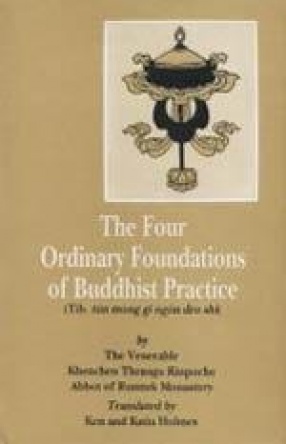
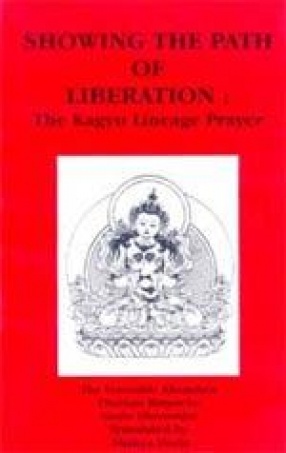
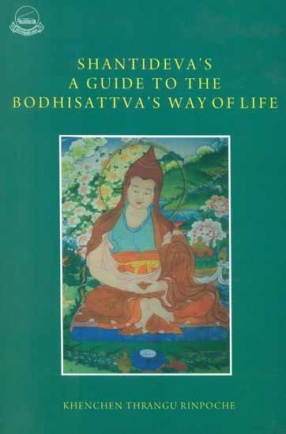
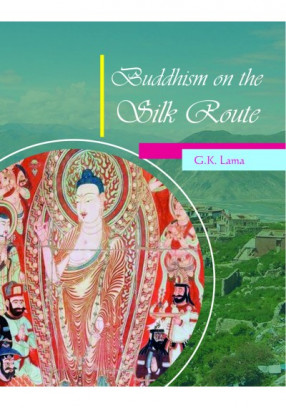
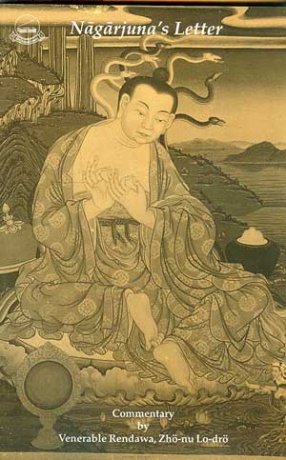
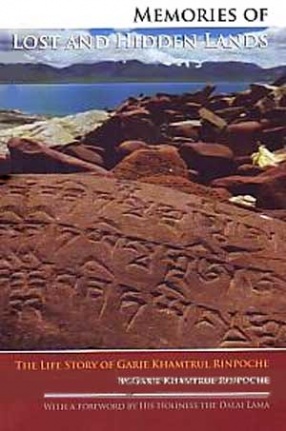
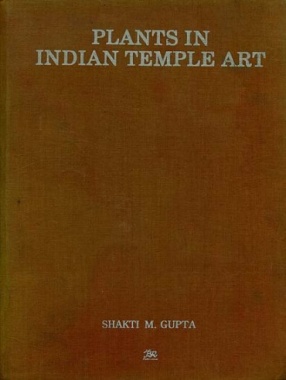

Bibliographic information